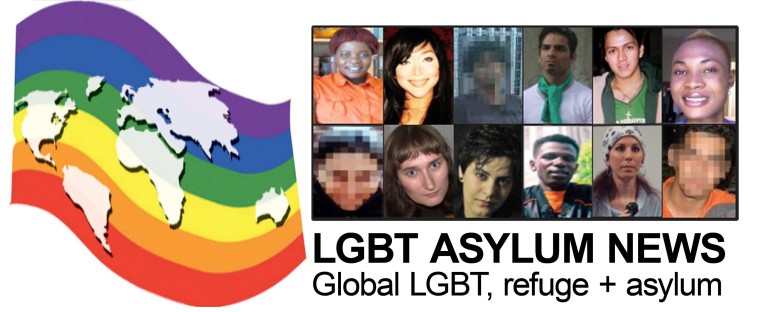Revised guidance on HIV/Aids prevention from the US government have been welcomed by agencies - but changes will face strong anti-gay resistance.
The Office of the US Global AIDS Coordinator (OGAC) has released new guidance for the massive US President’s Emergency Plan for AIDS Relief (PEPFAR), a US$48 billion dollar programme started by George Bush.
The programme has come in for criticism for providing millions to church-run organisations promoting the unscientific prevention strategy of abstinence alongside providing no funding for programmes which address the needs of Men who have Sex with Men (MSM). In Uganda alone US$285 million was spent in 2009 on abstinence. PEPFAR has also had to operate under a Congressionally mandated pledge which prevents funding from going to organizations that assist sex workers.
The new guidance document shows strong leadership, said The Global Forum on MSM & HIV (MSMGF), in recognizing that human rights, legal barriers and homophobia must be addressed as part of an effective HIV response.
MSM in the global south are, on average, 19 times more likely to be infected with HIV than the general population, with infection rates among MSM now surpassing 30% in countries like Jamaica and Thailand. More than half of MSM around the world are without access to life-saving services like HIV education, testing and treatment. MSM programmes, such as those who are members of African Men for Sexual Health and Rights (AMSHeR) are generally funded by The Global Fund to Fight AIDS, Tuberculosis and Malaria or other countries. However USAid is a funder for a new mobile phone service for MSM which has just been launched in South Africa.
Although MSM are considered by the National AIDS Control Councils or Commissions of such countries as Kenya, Uganda, Tanzania and Zimbabwe to be a "most at-risk population", because homosexual acts are illegal, there are no policies or services targeting HIV interventions towards them. In some countries, provision of services have been specifically ruled out by governments, whereas in others they are quietly supported as part of national HIV/Aids programmes.
MSMGF say that while the OGAC document is quite clear on its recommendations for essential interventions, the guidance leaves vague a number of elements that are crucial to the document’s success and is lacking in clear recommendations.
“If PEPFAR is serious about addressing barriers like stigma and criminalization, a clear set of steps must be offered for Country Missions to tackle these difficult challenges,” said Dr. George Ayala, MSMGF Executive Officer. “Any such strategy must include a plan to train front-line service providers and implementers about these issues.”The document also focuses on “building the capacity” of local MSM organizations rather than explicitly recommending the use of PEPFAR funds to support them, it seems to give, say MSMGF, Country Missions the option to choose whether or not to initiate them and there is no way to hold them accountable and no plan to track MSM funding or program effectiveness.
"The United States government must make clear how it will ensure that MSM in PEPFAR countries get the services they need," say MSMGF.According to David Kuria, the spokesperson of the Gay and Lesbian Coalition of Kenya (GALCK), over 33% of all new infections in Kenya are attributable to under-served sub-populations including MSM and sex workers.
"Many advocates around the world are concerned that a “quiet” release of the technical guidance sends the wrong message to country missions and implementers. With so much at stake, we cannot afford to leave implementation to chance. OGAC must issue a formal announcement to all PEPFAR stakeholders that this guidance has been released, and it must take clear and immediate steps to ensure that the guidance is implemented and resourced appropriately."
In recent times, he adds, further evidence has emerged that corroborates what the GALCK had been insisting for a long time - that effective HIV programming for these populations has additional positive impact on the general population.
MSM who seek ARVs (anti-retroviral drugs which keep people living with HIV/Aids alive), says Kuria, are constantly arrested, detained and as a consequence have their treatment interrupted. As well religious leaders have threatened what HIV/Aids services are provided to gay men.
Not only does this interruption effect the efficacy of their treatment but it also raises HIV drug resistant strains in the Kenyan society, says Kuria.
"Ignoring effective programming for these populations is an exercise in futility if the desired goal is a HIV free society. Moreover effective programming for these sub-populations increases the efficiency in the use of resources, because, a dollar spent on these population has flow-over effect to the general population," he said.This point has begun to be made by respected African elders, such as former Zambian President Kenneth Kaunda and former Botswana President Festus Mugae.
- MSMGF has released a Toolkit for MSM-Led HIV and AIDS Advocacy







 Join our page
Join our page

0 comments:
Post a Comment